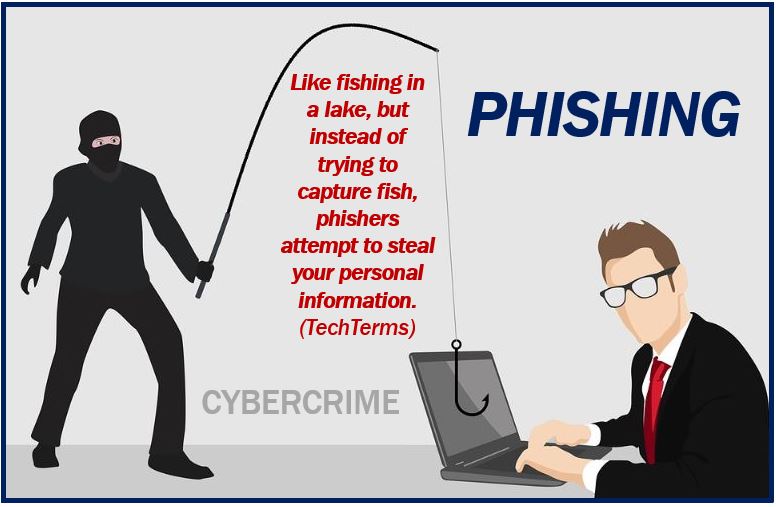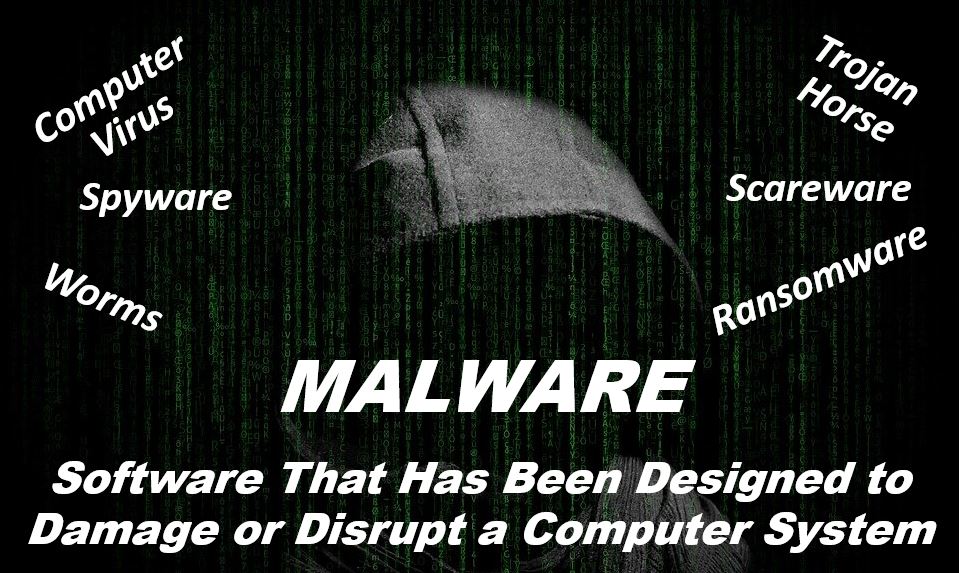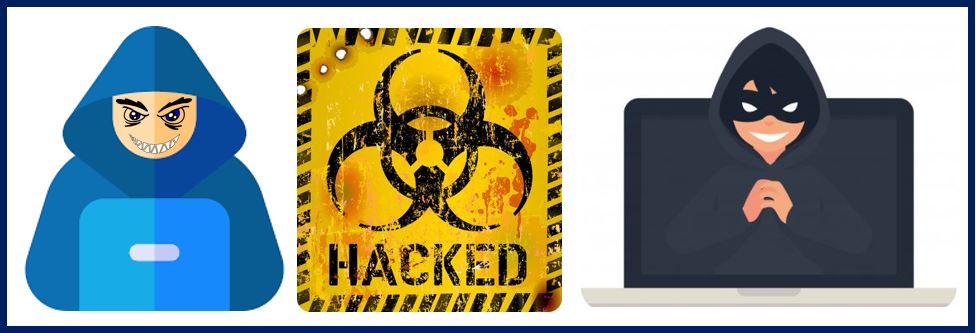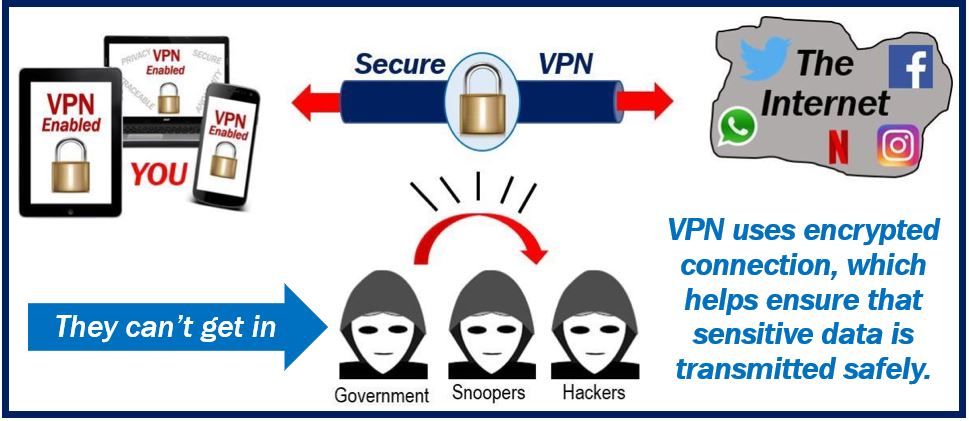
Businesses around the world are starting to do everything online because of the pandemic. Being online allows companies to reach more people without any physical contact and makes businesses thrive financially.
The internet allows businesses to connect with consumers around the world and gain more profit. However, it’s also open to various types of danger. Both big or small companies are equally at risk for online threats, and many may go out of business by not preparing for these situations.
This article will discuss some of the most common cyber threats that businesses face and how to ensure security in cyberspace. Let’s start with the basics.
Types of Cyber Threats that Businesses Face
Cyber threats have different forms and can come from a variety of places. Each type can compromise your business if you are unprepared. Here are the most common cyber threats.
-
Distributed Denial of Service (DDoS)
DDoS is a type of attack that loads your server or network with irrelevant data from numerous sources. This attack causes your server to eventually slow down or crash. Once this occurs, you won’t be able to use your system until the flooded interactions are blocked effectively.
DDoS are frequent to business websites like e-commerce, branding, customer support, or publishing. Any server crash can give a substantial loss to any business from possible traffic to actual sales.
-
Phishing

There are plenty of cybercriminals that will attempt to enter your secured network. Phishing is one of the most common methods.
Hackers usually use forms, questionnaires, or creative methods, like clickbait emails or promotions, to convince users to click on misleading links and provide sensitive information. Some may even try to download content from your private server.
Hackers usually target individual users or team members in a company, pretending to be a trusted institution, like banks, to trick users.
-
Malware

Malware refers to various viruses and bugs that can corrupt servers and computers. The most common malware are ransomware, Trojans, bots,and spyware.
Malware can infect a device through software or data users download onto the network. It can silently sit in a server undetected, spy the system, or manipulate its code.
-
Hacking

There are plenty of big companies that are typically attacked by hackers yearly. These hackers can steal millions of data, especially if companies haven’t updated their cybersecurity.
Hackers sell these stolen data in the open market or use them against a business or individual. Usually, hackers target sensitive information that users can’t change, like a Social Security number.
These cyberattacks are enormous threats and can cause financial losses to any business. Some even shut down because they are incapable of dealing with the outcome of a cyberattack.
Aside from the financial loss, companies may also suffer from a tarnished reputation, loss of credibility, delayed services, and a decrease in employee morale.
How to Protect Your Business

There are several in-house approaches that businesses should do to defend themselves from any dangers that cybercriminals pose.
This method involves educating users, employees, and other stakeholders. Many also use cybersecurity tools and fail-safe mechanisms to defend their network or system from these malicious threats. Other methods differ in intricacy and effectiveness.
Employee training
The most basic method of cybersecurity for your business is educating the employees. Most cyber threats prey on unaware employees because they are easy targets.
Thus, it is the company’s responsibility to make employees aware of these various threats. Business owners can impose strict usage of data, safe email attachments and exchanges between employees, and prevent malicious software or data download.
Securing Hardware and Software
Hackers can extort data from any device. Thus, workspaces must provide secure user hardware and software.
There are plenty of intuitive programs businesses can use that provide security features. These programs can help educate businesses to prohibit users from performing malicious activities, protect sensitive data, and avoid substantial data loss.

One way to secure a network is by using a VPN. VPN equips your business with private IP addresses, reliable encryption protocols, secure servers, and network connections. It can provide everything that a business needs in terms of cybersecurity.
Businesses can also use antivirus software, or anti-malware, to deter, recognize, and remove malware from your network or device. However, antivirus software should be updated regularly to protect the system.
Value for Information
Some programs may become irrelevant or inefficient as cyber threats evolve, and hackers may use new ways of attack. You and your employees must be updated to any cyber threats and learn more about online security.
Look for valuable information online from trusted sites, like Privecstasy. You can trust them for reliable and updated information regarding online threats and security.
Takeaway
Businesses are confronting threats at an alarming rate. Even though most take significant methods to secure cyberspaces, hackers and cybercriminals continue to be a step ahead. Hence, everyone involved in the business must uphold the value of protecting the company from any dangerous circumstances, especially online. Individual efforts can contribute to a more secure network connection.
Interesting related article: “What is a hacker?“

